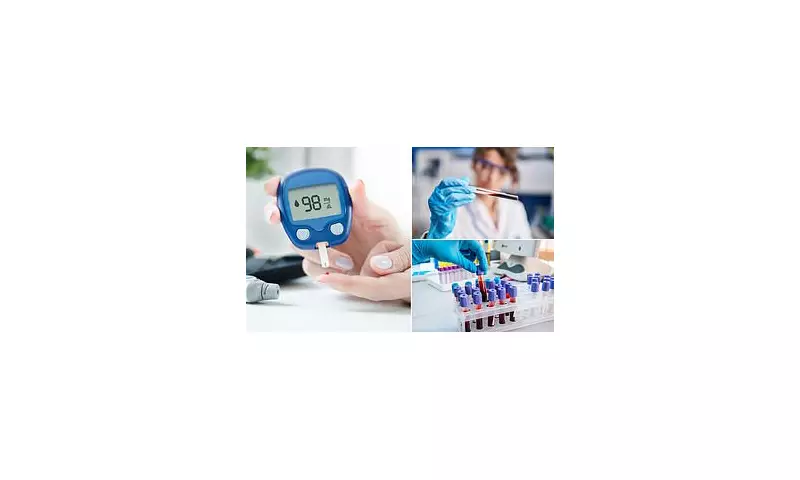
Hundreds of patients across England may have been wrongly diagnosed with diabetes following a major laboratory blunder involving faulty blood tests, a Daily Mail investigation can reveal.
The shocking discovery has forced NHS bosses to launch an urgent review, with doctors being instructed to immediately contact patients who may have received incorrect diagnoses and potentially unnecessary treatment.
The Testing Failure
The scandal centres on a specific blood test used to measure average blood sugar levels over time. Known as the HbA1c test, it is crucial for diagnosing and monitoring diabetes. However, it has emerged that certain analyser machines used in NHS laboratories may have been producing inaccurate results.
Experts suspect a faulty batch of testing reagents – the chemicals used to process the blood samples – is to blame for the erroneous readings that led to false positive diagnoses.
National Patient Alert
Medical directors in several regions have been forced to issue urgent safety alerts. The NHS Midlands and Lancashire Commissioning Support Unit, which provides services to millions, confirmed the problem and the resulting review.
Affected patients are now facing immense anxiety and confusion, having potentially lived for months or even years under a diabetes diagnosis that was incorrect. Many may have been prescribed medication, made significant lifestyle changes, and endured ongoing medical monitoring unnecessarily.
Human Impact: A Betrayal of Trust
The emotional and psychological toll on misdiagnosed patients is significant. Being told you have a serious, lifelong condition like diabetes is life-altering news. To later discover it was a mistake represents a profound betrayal of trust in the healthcare system.
Patients are now questioning the reliability of their medical care and are left wondering how such a fundamental error could occur.
System-Wide Implications
This incident raises serious questions about quality control procedures in NHS pathology laboratories. It highlights a critical vulnerability in the diagnostic process upon which doctors and patients rely completely.
The Medicines and Healthcare products Regulatory Agency (MHRA), which is responsible for device safety, is assisting with the investigation into the analysers and reagents involved.
This scandal serves as a stark reminder of the real-world consequences of diagnostic errors and the paramount importance of accuracy in medical testing.





